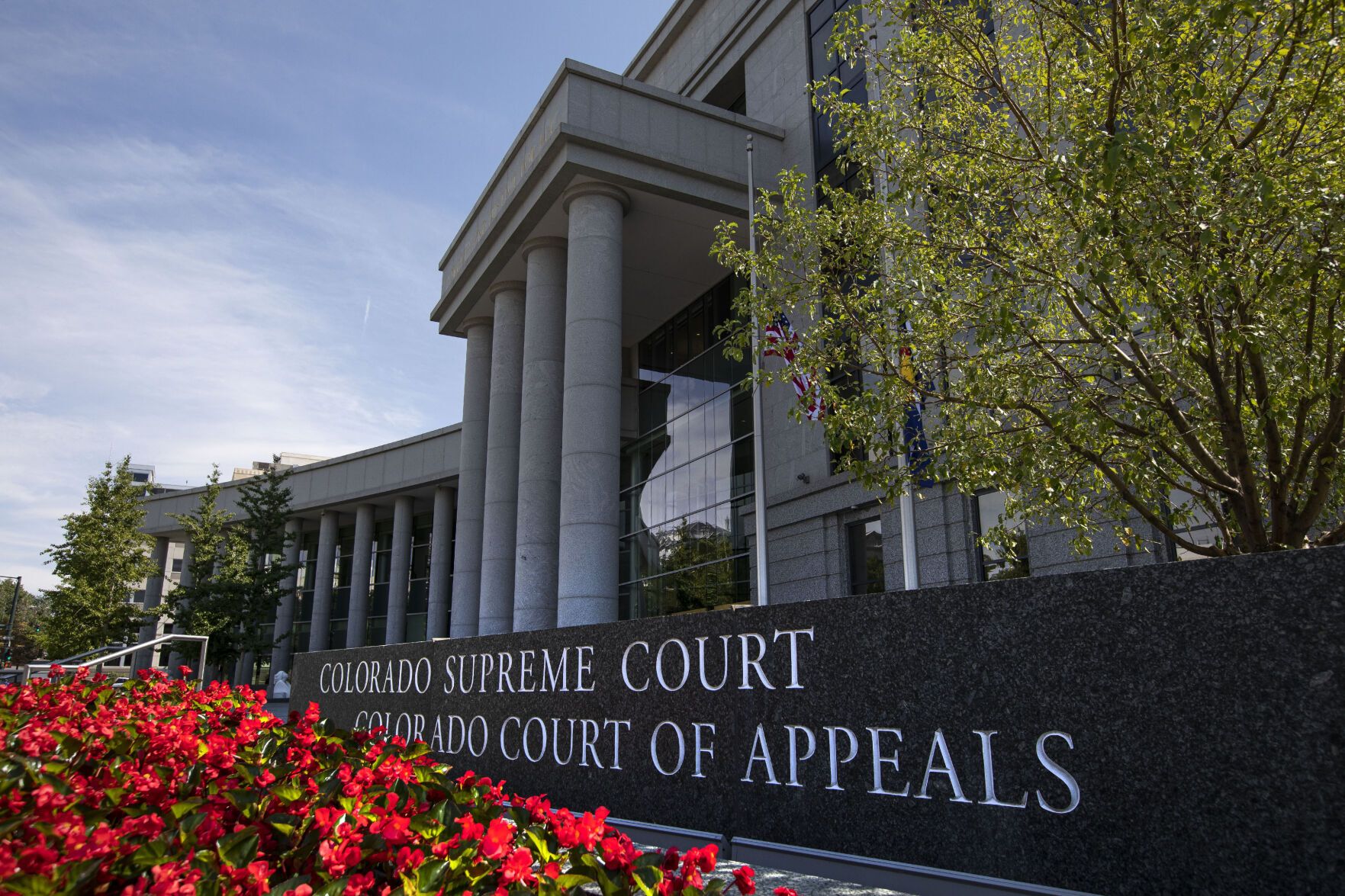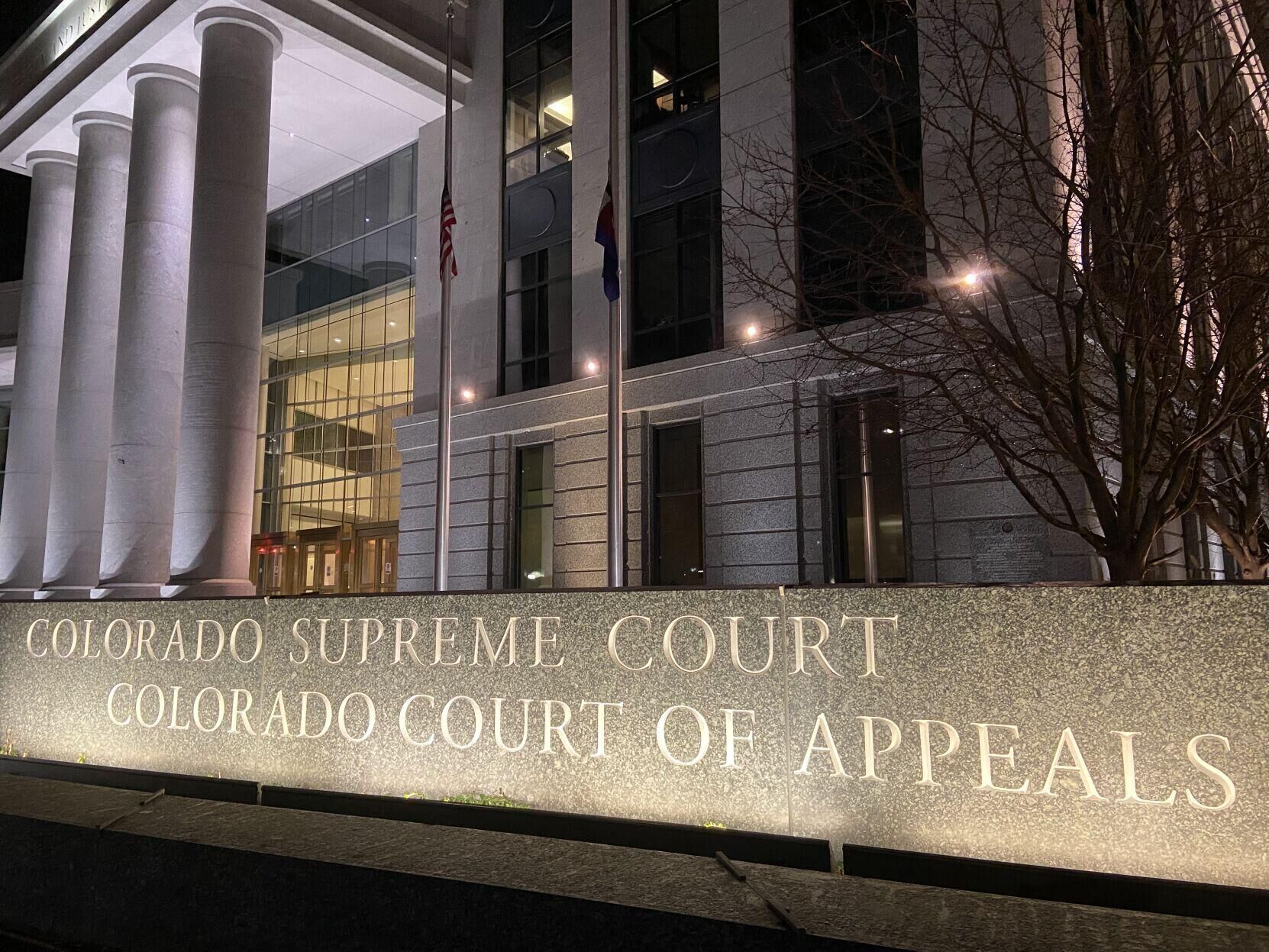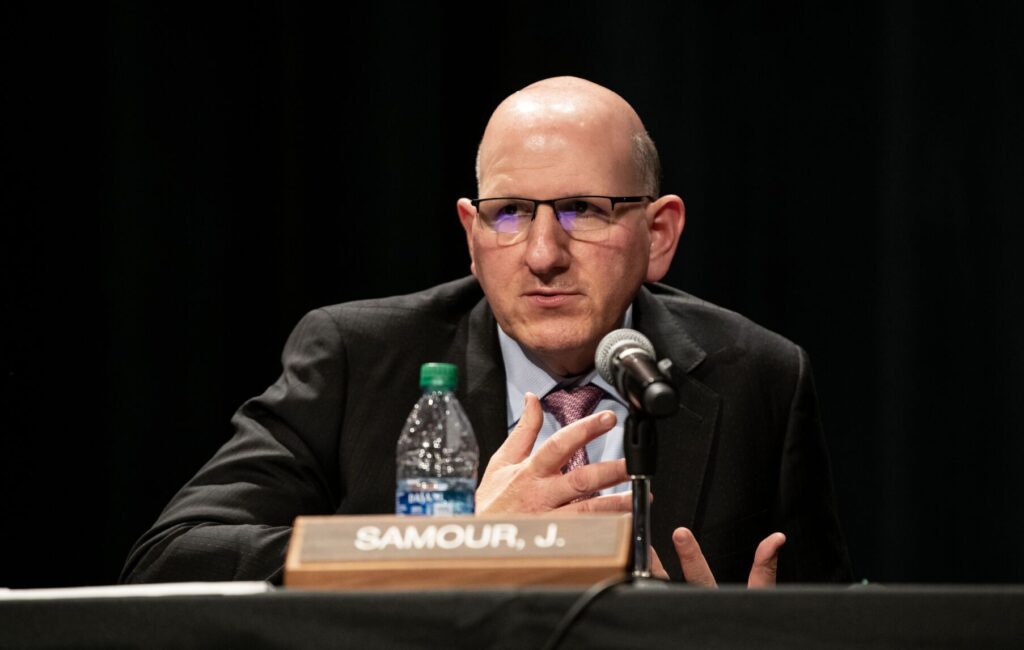Colorado Supreme Court committee debates tenant-friendly eviction proposal

Members of the Colorado Supreme Court’s civil rules committee vigorously debated a proposed rule change last month that would make it easier for tenants facing eviction to respond to and learn about their landlord’s initial court filing.
As drafted, the disputed provision would require that a case number be assigned to a landlord’s complaint before they could serve a tenant with a summons to appear in court.
Committee members heard that the change would have minimal impact on an individual landlord who personally files an eviction complaint themselves.
However, the problem arises for “batch filings” of evictions by law firms, which might file hundreds of complaints at once. The result is that a tenant may receive their summons before a court clerk has had time to process the eviction complaint, creating confusion for the tenant who has no case number to reference.
“They are calling the clerk’s office or they’re showing up at the clerk’s office and saying, ‘I got this notice. I got served with this.’ And the clerk looks at it and says, ‘I can’t help you. It doesn’t have a case number on it,'” said former Magistrate Lisa Hamilton-Fieldman at the Sept. 26 meeting. “That means you’ve got a lot of summonses out there without a case number on them and a lot of tenants who are confused and, therefore, cannot respond appropriately.”
Victor Sulzer, whose firm bills itself as “Colorado’s #1 Eviction Law Firm” in representing landlords, countered that there is no “demonstrable need” for a case number to appear on a summons. The change would increase costs to landlords, which they would pass on to all tenants.
“Tenants can contact us and obtain the case number,” he added. “They can easily contact us.”

Court of Appeals Judge Jerry N. Jones, who chairs the civil rules committee, directed a subcommittee to debate the issue further and include additional voices that can speak to landlords’ point of view. He said the full committee would revisit the proposal at its November meeting.
“I think we need to be very cautious about what we do with any of the rules, particularly where we might arguably be getting into matters of policy,” Jones said.
Over the summer, eviction attorney Jose L. Vasquez authored a memo explaining the goal of the proposal. He wrote that tenants who have neither a lawyer nor a case number may try to file a response to their landlord’s complaint, but the court will reject it for lack of a case number.
“Calling plaintiff’s counsel to obtain the case number is not realistic. It is extremely difficult to get through to speak with a person at the large (eviction) law firms,” Vasquez wrote, adding that the fast-tracked nature of eviction cases makes timing of the essence.
Because state law deems an eviction case to begin with the filing of the complaint, the proposal would ensure that tenants receive a summons after the court has issued a case number.
Three organizations that assist tenants — CED Law, Colorado Legal Services and Colorado Poverty Law Project — sent the civil rules committee a letter to endorse the change. They described the multi-step process a tenant must undertake to navigate an automated phone menu and retrieve the case number from Denver County Court and the resulting burden on clerks during three consecutive weeks from July.
“If all of these tenants called the clerk’s office to obtain their case numbers and spoke on the phone for only one minute, the clerks would have spent 2 hours and 27 minutes, 2 hours 21 minutes, and 3 hours and 16 minutes respectively on the phone,” they wrote. “Even more time and resources would need to be devoted to assisting tenants with language or other communication barriers.”
“When you’re dealing with 500 cases filed in one day, it’s just a massive delay for everyone involved,” Alana Percy, the Adams County judicial clerk, said at the rules committee meeting. “We do receive a lot of phone calls from tenants asking about, ‘I received these documents in the mail. Can you help me find our case?’ And we kind of have to say, ‘I don’t see anything right now, but maybe try checking tomorrow, or check in a day or two because right now we don’t see one.’ And we have so much volume, we can’t follow up with every individual who calls.”
Committee member Ben Vinci said the vast majority of evictions are for failure to pay rent and that he had never seen case numbers be a problem in his 30 years of practice.

Damon Davis, an attorney who said he is slightly more sympathetic to tenants, is concerned that the rules committee might be overstepping its boundaries with the proposal.
“To the extent the legislature should be doing policy and we should be doing procedure,” he said, “I think a lot of these arguments should go to the legislature.”
Denver District Court Judge Stephanie L. Scoville wondered if there is another path forward, but she agreed self-represented litigants frequently “do not understand the process.”
Hamilton-Fieldman, who was on the subcommittee that produced the proposal, argued tenants who are confused could lose their eviction cases in the absence of a case number.
“If they don’t know what they’re doing and they don’t have a way to file,” she said, “then they throw up their hands and say, ‘OK, I’m done.’ And they’re forgoing their rights. I think this is a matter of fairness.”
Committee members also heard about a proposal that would add certain standards of civility that judges could enforce as problems arise in individual cases. Although the rules of professional conduct for attorneys already speak to courtroom behavior, the proposal would enable judges to more quickly correct problems instead of engaging in a lengthy attorney regulation proceeding.
“When I hear anecdotally from judges who have these issues in their courtroom, they prefer not to call out lawyers right there on the fly,” because the judge may appear biased, said Jessica E. Yates, Colorado’s head attorney regulator. ‘”Why are they telling me I have a lack of civility?’ And procedural definitions of what it means to show up and litigate civilly could give judges the ability to refer to something … that doesn’t look as if the judge is just making it up or personalizing it to someone in the courtroom.”
Justice Richard L. Gabriel, who is the Supreme Court’s liaison to the rules committee, said a prior proposal was rejected 5-10 years ago because the legal community said, “You’re just looking for another way to sanction lawyers.”
“That is absolutely not the point,” said Gabriel, noting the leaders of the Colorado Bar Association and Denver Bar Association have endorsed the current proposal.
Jones, the committee chair, said he would form a subcommittee to vet the civility rule.
“It’s a significant change to the rules,” he said. “I, myself, would like to serve on this because I think it’s a pretty big deal.”












